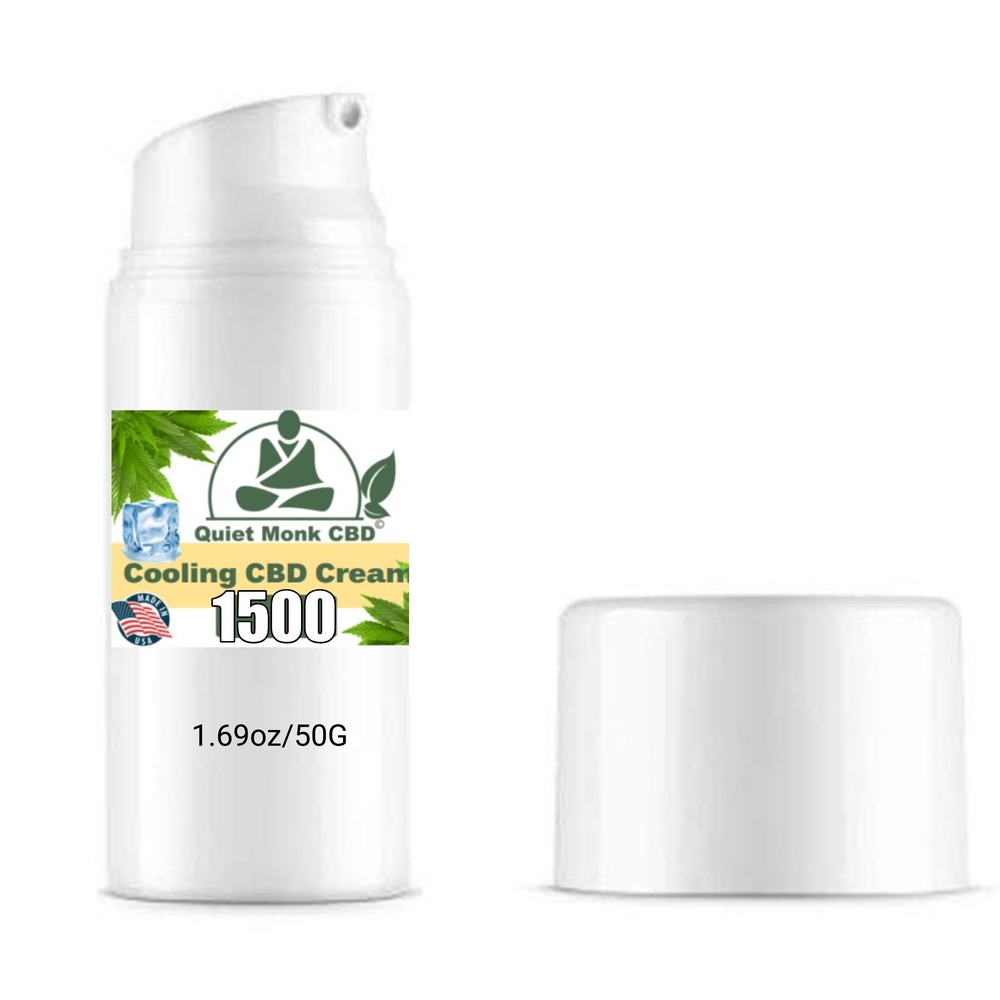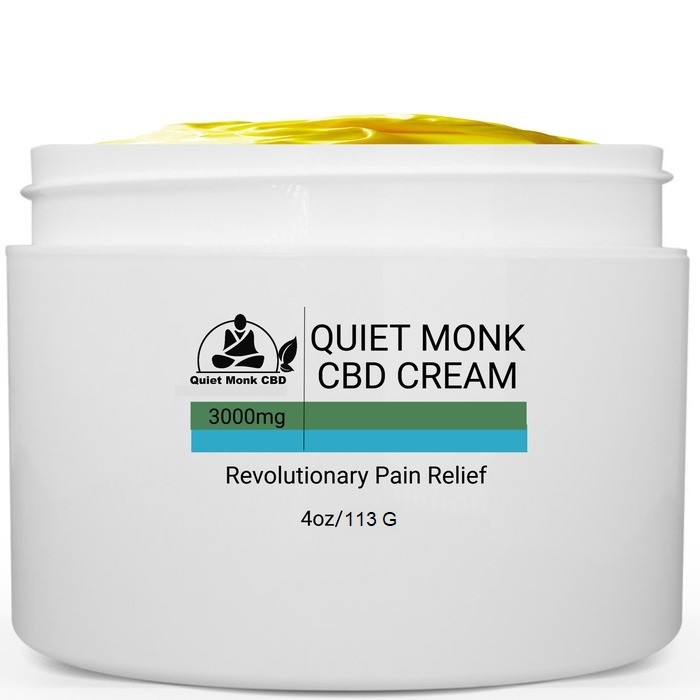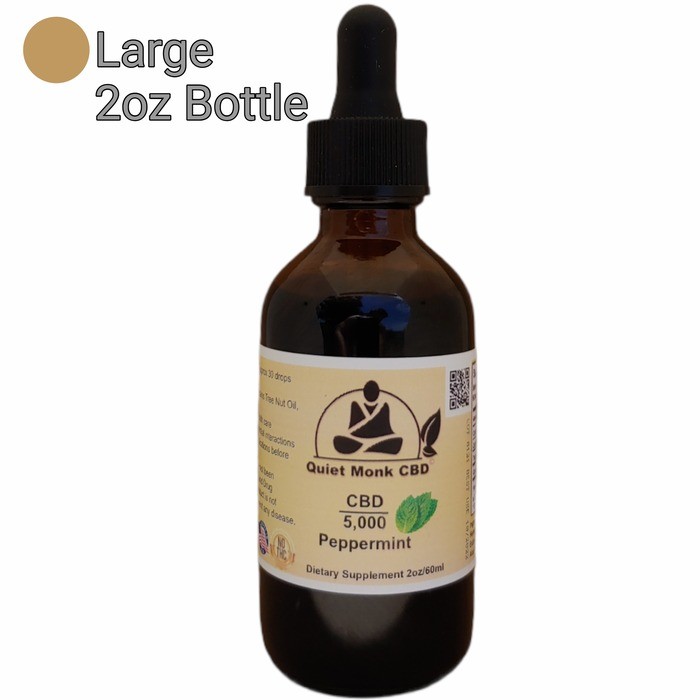CBD Legalities in Michigan: Understanding the Laws and Licensing Requirements
CBD Legalities in Michigan: Understanding the Laws and Licensing Requirements
Michigan has emerged as a cannabis-friendly state with favorable laws surrounding CBD. Whether derived from hemp or marijuana, CBD is legal in Michigan, as the state has its own regulations regarding cannabis. In this article, we will delve into the CBD laws specific to Michigan and explore the licensing requirements within the state.

What is CBD?
Exploring the Benefits and Legality of CBD in Michigan
CBD, short for cannabidiol, is a non-psychoactive compound extracted from the cannabis plant. Often found alongside THC, CBD offers a wide range of potential benefits, including anti-inflammatory, anti-oxidative, pain relief, anti-seizure, and anxiety relief properties. Numerous medical studies have showcased the therapeutic potential of CBD, making it a subject of growing interest.
To comprehend the laws governing CBD in Michigan, it is crucial to have a clear understanding of what CBD actually is.
CBD: A Cannabis Derivative
Differentiating CBD from Marijuana within Michigan’s Legal Framework
While CBD is derived from the cannabis plant, it is essential to note that it is not synonymous with marijuana. CBD is merely obtained from a cannabis plant, and this distinction is vital to bear in mind. Both industrial hemp and marijuana belong to the cannabis plant species.
Understanding the difference between hemp and marijuana is crucial. Additionally, CBD is a non-psychoactive compound, unlike its cousin THC. Therefore, CBD cannot induce a high or intoxicating effect. As long as CBD is derived from hemp and contains less than 0.3% THC, it remains non-intoxicating.
In compliance with federal regulations, CBD products must be sourced from hemp to maintain legality. With a THC content of 0.3% or less, CBD products do not possess the potential to induce intoxication.
In fact, the THC concentration is so low that one could consume an entire container of CBD oil without experiencing any psychoactive effects. This makes CBD oil an appealing natural alternative to medications with harsh side effects. Extensive research and development have significantly contributed to the growing body of knowledge surrounding CBD oil.
However, it is important to note that the Food and Drug Administration (FDA) is still in the process of determining the approval process for CBD. Until this process is finalized, CBD oil will not achieve dietary supplement status.
Understanding the Legality of CBD
Navigating the Complexities of CBD Legality
The legal status of CBD can vary from state to state, presenting a complex landscape. Although CBD is federally legal, individual states have their own regulations. While many states have aligned themselves with the 2018 Farm Bill and do not regulate finished CBD products, Michigan has its own unique approach.
In Michigan, both CBD and THC are legal. Typically, in states where CBD oil is legal, it is imperative to ensure that it is derived from hemp to ensure the THC content remains below 0.3%. However, since marijuana is recreationally legal in Michigan, the source of CBD becomes less significant.
It is essential to note that CBD products derived from marijuana can be intoxicating, while those sourced from hemp are not. This distinction is crucial, as not everyone enjoys the feeling of being high.
The Impact of the Farm Bill on Industrial Hemp
Revolutionizing Hemp Cultivation with the 2018 Farm Bill
The passage of the 2018 Farm Bill brought about a significant revolution in the realm of hemp and industrial hemp products. This legislation federally legalized the cultivation of hemp for recreational purposes.
The Farm Bill specifically removed hemp, defined as cannabis containing less than 0.3% THC by weight, from the list of controlled substances.
The United States FDA and CBD Oil
Regulatory Oversight and Considerations for CBD Oil
The Food and Drug Administration (FDA) holds the authority to regulate CBD oil product labeling, monitor therapeutic claims, and determine the usage of CBD for recreational and dietary purposes. Currently, the FDA does not permit the advertisement of hemp-derived CBD oil as a dietary supplement or as an additive to food and beverages.
The FDA is responsible for authorizing any health claims made by CBD oil products. However, apart from the pharmaceutical drug Epidiolex, no other medications have received this designation. While the FDA has maintained strict regulations in the past, it has shown signs of softening these restrictions and considering appropriate legislation for labeling CBD oil as a dietary supplement.
Furthermore, the Farm Bill has granted states the power to decide whether to allow or prohibit the cultivation and business of CBD within their jurisdictions.
CBD Legality in Michigan
Understanding the Legal Status of CBD in MI
CBD products are fully legal in Michigan, including marijuana products. As a result, there is no need to ensure that CBD products are derived from hemp unless you wish to avoid the psychoactive effects associated with marijuana.
Remember, hemp-derived CBD products contain less than 0.3% THC to comply with federal guidelines, while marijuana products can have THC contents exceeding 25% or more.
If you prefer not to experience a high, it is advisable to use CBD products derived from hemp.
Licensing Requirements for CBD in Michigan
Navigating the Licensing Landscape
According to Michigan state law, licenses are not required for CBD products containing less than 0.3% THC. The state does have an industrial hemp program established by the Michigan Department of Agriculture and Rural Development (MDARD). The program allows farmers, processors, state colleges, and universities to grow, handle, process, and conduct research on industrial hemp.
The hemp program in Michigan is governed by Senate Bill 850, which outlines the regulations and requirements for those involved in the cultivation and utilization of hemp.
CBD Possession Limits in Michigan
Understanding Your Rights
In Michigan, you are allowed to possess CBD items without any legal restrictions.
Where to Buy CBD in Michigan
Finding Reliable Sources for CBD Products
CBD oil products, also known as hemp oil, are readily available throughout Michigan. Consumers can purchase CBD oil and other hemp-derived CBD products from various online stores and brick-and-mortar retailers.
However, it is crucial to exercise caution when buying CBD online. Numerous reports have indicated that approximately 25% of CBD products are either counterfeit, under-dosed, or mislabeled. Given the expense of CBD, it is disheartening to see individuals being taken advantage of by unscrupulous CBD companies.

As a family-owned and operated CBD company, Quite Monk provides only premium CBD products with a 30-day money-back guarantee. We encourage you to consider our products before making a purchase. Your satisfaction is our priority.




To protect yourself from fraudulent CBD companies, it is recommended to educate yourself on what to look for when purchasing CBD products.
A Clear Understanding of CBD Legality in Michigan
In conclusion, CBD is completely legal in Michigan, aligning with the federal guidelines set forth in the Farm Bill. Michigan’s CBD laws do not have any ambiguous areas or unusual regulations pertaining to hemp or hemp-derived products.
To summarize the legalities of CBD oil in Michigan:
- Hemp-derived CBD oil is legal.
- It must contain less than 0.3% THC (broad-spectrum CBD oil contains minimal THC, while full-spectrum CBD can contain up to 0.3%).
Conclusion A Clear Understanding of CBD Legality in Michigan
In conclusion, CBD oil is completely legal in Michigan, aligning with the federal guidelines set forth in the Farm Bill. Michigan’s CBD laws do not have any ambiguous areas or unusual regulations pertaining to hemp or hemp-derived products.
To summarize the legalities of CBD oil in Michigan:
- Hemp-derived CBD oil is legal.
- It must contain less than 0.3% THC (broad-spectrum CBD oil contains minimal THC, while full-spectrum CBD can contain up to 0.3%).
- CBD derived from marijuana is not legal.
- Consumers are advised to purchase CBD products from reputable sources to avoid counterfeit or mislabeled products.
Michigan residents have the freedom to explore the benefits of CBD without the fear of legal repercussions. Whether seeking relief from pain, inflammation, seizures, or anxiety, CBD offers a natural alternative worth considering.
Remember, it is always recommended to consult with a healthcare professional before incorporating CBD into your wellness routine, especially if you are currently taking any medications or have underlying medical conditions.
With a clear understanding of the laws and licensing requirements surrounding CBD in Michigan, individuals can confidently explore the world of CBD products and their potential benefits.
Please note that while the information provided in this article is accurate at the time of writing, it is always advisable to stay updated on any changes to state or federal regulations regarding CBD.
Choose reputable sources, educate yourself on product quality, and enjoy the benefits of CBD within the legal framework of Michigan.
